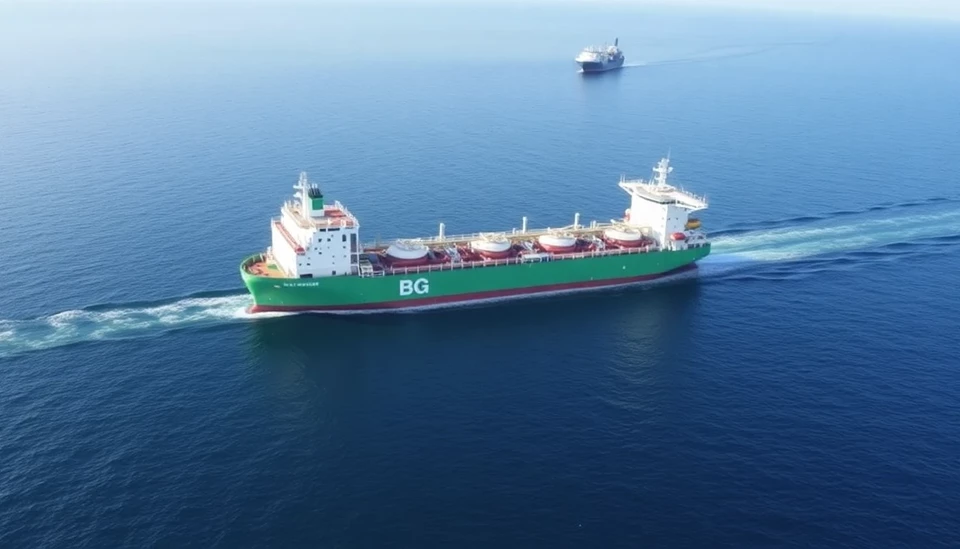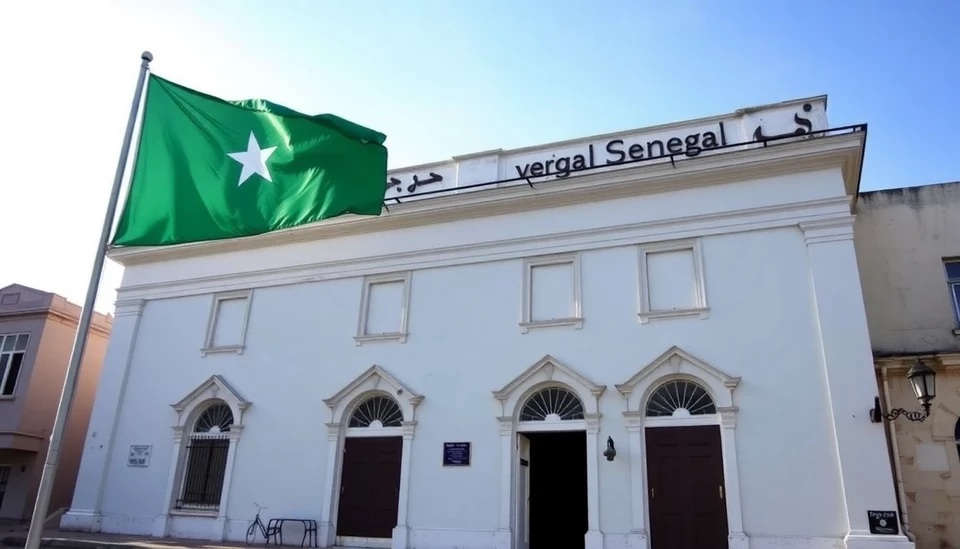
The International Monetary Fund (IMF) is currently assessing the implications of a recent audit revealing that the Senegalese government, under President Macky Sall, failed to transparently report significant levels of public debt. This troubling discovery has raised alarms about the nation’s financial management and could impact Senegal's economic stability and relationship with international lenders.
The audit, conducted by the national audit office, indicated that the Sall administration might have under-reported the actual debt figures, which could alter the perception of Senegal’s economic health. Analysts suggest that such discrepancies could hinder the government’s capability to secure necessary funding and maintain investor confidence.
This situation puts Senegal in a challenging position as the country has been relying on foreign support to finance its ambitious development plans, including infrastructure projects and social programs. The IMF's review is crucial, as it can influence the organization’s decisions regarding future funding and assistance to Senegal, especially in light of potential economic growth targets that could be jeopardized by these revelations.
The implications of the audit findings extend beyond immediate financial concerns. The country is poised to face scrutiny not only from the IMF but also from other financial institutions and investors who may be wary of entering a market where fiscal practices are called into question. This could lead to a rise in borrowing costs and reduced creditworthiness for Senegal.
While Senegal's government has maintained that it is committed to transparency and accountability, the recent audit has catalyzed a call for more stringent fiscal oversight and better governance practices within public institutions. The fallout from these findings could lead to increased demands from both the public and international community for reforms aimed at improving fiscal reporting and accountability.
In response to the audit, President Sall’s administration is under pressure to clarify its fiscal policies and practices. The government has yet to release an official response detailing how it plans to address the situation and what steps it will take to restore trust among stakeholders.
As discussions around the audit continue, the IMF's formal assessment and recommendations will soon be expected. The outcomes could not only shape Senegal's economic policy but also determine the trajectory of its development efforts in the coming years.
Stakeholders are advised to keep a close eye on this evolving situation in Senegal, as it holds key implications for the country's economic future and its standing within the global financial community.
#Senegal #IMF #DebtCrisis #MackySall #EconomicStability #PublicDebt #FiscalPolicy #Transparency
Author: Rachel Greene




